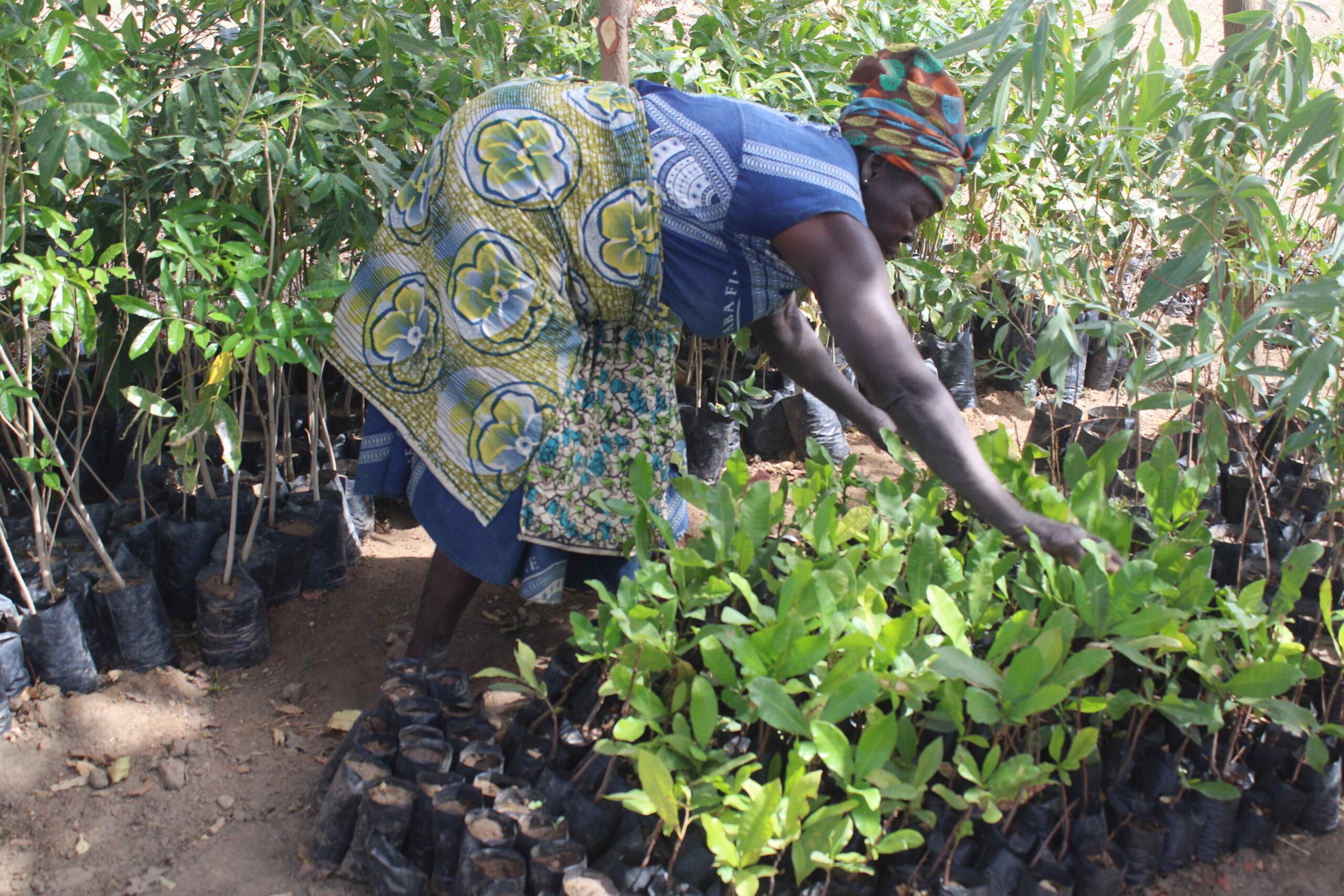Generation restoration: reimagine, recreate and restore the ecosystems
- Advertisement -
Blog by Dr Angela Lusigi, UNDP Resident Representative in Ghana on World Environment Day 2021
Imagine life on earth without the living organisms that interact to give us air, water, food and everything we need to survive and thrive. Ecological systems or ecosystems also provide jobs or livelihoods and contribute up to half of the world’s GDP. Sadly, these valuable ecosystems are under massive threat. For example, every year, the world loses 10 million hectares of forests and approximately 30% of natural freshwater ecosystems have disappeared since 1970.
- Advertisement -
In Ghana, we are seeing vivid images of environmental degradation, from the destruction caused by unsustainable mining practices, to the alarming rate of deforestation, the pollution of river bodies and the depletion of fish stock in the ocean.
- Advertisement -
The theme for World Environment Day (WED) 2021 – Ecosystem Restoration – reminds us that we need to maintain the health of our ecosystems in order to sustain and improve people’s lives and reduce the long term impact of environmental destruction and climate change. The day coincides with the launch of the UN Decade on Ecosystem Restoration, which is a rallying call to restore, revive and protect ecosystems all around the world, for the benefit of people and nature.
I am excited that this WED and the UN Decade give great prominence to the power that each citizen of the world holds to make a difference by joining the #generationrestoration. As individuals, we are called to join this global movement and do our part to reimagine, recreate and restore ecosystems. As an optimist, I believe that we are the generation to restore hope for the future generations. There are three ways we can all contribute and make a difference.
Reimagine
- Advertisement -
First, joining #generationrestoration gives us the opportunity to reimagine the relationship between humans and nature. Our UNDP Human Development Report 2020 demonstrates the need for a reorientation of social norms and values to expand human freedoms while easing pressure on the planet. A good example of creating a new generation of citizens that is empowered to restore ecosystems is the Green Ghana Project spearheaded by the Ministry of Lands and Natural Resources and the Forestry Commission. The aim is to plant 5 million trees in 1 day on 11 June. The people of Ghana are called to be citizens and not spectators in the country’s resolve to reduce environmental degradation and promote sustainability. A simple action of planting 1 tree, once reproduced at scale by citizens, can make great impact. The same principle can apply to other green actions, from segregating our waste, to buying from local suppliers and favoring locally grown products.
Recreate
Second, joining #generationrestoration invites us to reverse environmental degradation by changing the way we do things. It provides us with the space to harness the tremendous potential for innovation within us. Abdullah Hamza is an example of a young social entrepreneur from the Northern Region who built a new business model for greening commodities with support from UNDP/Global Environment Facility (GEF) Small Grants Programme. His model is training and certifying farmers to produce and supply products at a premium price to businesses seeking to shift to sustainable sourcing of raw materials. Nelson Boateng emerged as one of the winners of the first edition of the UNDP-supported Waste Recovery Innovation Challenge of the Ghana Waste Recovery Platform. He and his team at Nelplast introduced a technology to transform plastic waste into pavement blocks and have now expanded their business to building affordable houses with discarded plastic for low-income workers. Nurturing these kinds of innovation and creativity is key to restoring our ecosystems.
Restore
Third, joining #generationrestoration demonstrates the power of many small actions to transform ecosystems. Many women, men, girls and boys across Ghana are already playing their part. Helena Agyekumaa from Osino in the Eastern region of Ghana planted trees and adopted sustainable practices on her farm in a degraded forest area. With support from UNDP in partnership with Mondelez and Ghana Cocoa Board she has increased her cocoa harvest from 3-4 to 7-8 bags. There are many Helenas who are inspiring others to act. With access to better tools, knowledge and technologies, more citizens can become active actors in environmental conservation.
On World Environment Day, I would like to invite us all to take action, to make smarter choices, and invest in restoring our ecosystems. Our very existence depends on how we balance our prosperity with nature.
- Advertisement -


